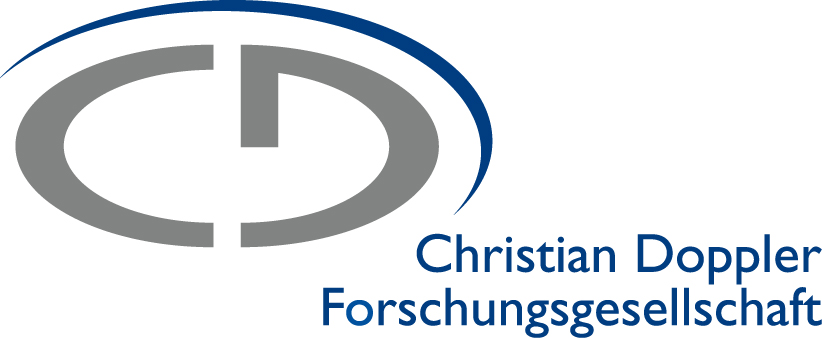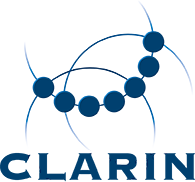Research Programs

In industry, data-driven techniques have revolutionized manufacturing by collecting huge amounts of information during production and turning it into valuable information for process optimization. While machine learning (ML) is a key technology and the main contributing factor for many recent success stories, we witness the transition of ML moving from the “virtual world” into “the wild”; this includes prominent applications in autonomous navigation, the Internet of Things, and Industry 4.0 applications. Evidently, this transition opens several real-world challenges for ML that need to be addressed for closing the gap between both worlds.

The Christian Doppler Laboratory for Location-Aware Electronic Systems has the long-term vision of investigating fundamental limitations of location-aware electronic systems and creating and validating key algorithm solutions and transducer hardware designs for it.

By 2020, the Internet of Things (IoT) will consist of 50 billion resource-constrained “Smart Things” that will provide critical every-day services in applications as diverse as Smart Cities, Smart Production, or Connected Cars. These applications require a dependable IoT despite hostile environments and deliberate attacks, where dependability summarizes aspects such as reliability, safety and security that enable users to put trust into the IoT. Today’s approaches to construct an IoT do not guarantee dependability.

The focus of this K-project is on acoustic sensing and design. It combines both aspects of acoustic sensation, whereas sensing represents the passive side, and designing the active side respectively. In this way recording, monitoring/analysis and playback are seen as an integrated approach for achieving better technological solutions and a higher customer benefit and satisfaction. The consortium of this K-project is highly excellent in these fields as well on the scientific side as on the market side, and can therefore build an Austrian “center of gravity” for acoustic research and development, and is widely recognized in the scientific community.

Since its beginning, SPSC Lab has closely collaborated with FTW and in 2008 Graz University of Technology became a strategic partner holding shares of the FTW operations company. In 2010, a branch office of FTW has been opened in the premises of the SPSC Lab that further strengthens the ties between the two institutions and allows new cooperations with university institutes and with regional industrial partners from the three major application fields, i.e., telecommunications, transport, and energy. The 7 strategic research topics of FTW are

Distributed signals and data will be of great importance to our future daily life. The application of ubiquitous networked sensors, processing units, and distributed data sets will enhance the understanding of our world and its sustainable use. In this context, massive amounts of data have to be turned into concise and useful information, which demands groundbreaking new science at the intersection of mathematics, signal and information processing, communications theory, and scientific computing.

The SPSC lab participates in the EU-funded FP7 project DRAGON and will be mainly responsible for the system level design and the development of the required digital algorithms.

Advanced Audio Processing (AAP) is a K-Project in the COMET program of the Austrian government, co-sponsored by the provincial government and industrial partners. Advanced Audio Processing intends to develop its excellent core competencies in well defined areas:

The competence network COAST is concerned with research and development in the field of speech recognition and speech interpretation with large lexicons for professional applications. The main research problems are:

The Christian Doppler Laboratory for Nonlinear Signal Processing addresses fundamental research questions arising from signal processing applications which are challenging due to their nonlinear aspects. We deliver theoretical analyses, develop and optimize new algorithms and, through their implementation, build awareness for their complexity, robustness, accuracy, and power consumption trade-offs. The Laboratory plays a leading role in the solution of signal processing problems where conventional methods fail. By entering into industrial partnerships, it thrives from and supports the bidirectional exchange of know-how and people between nonlinear science and the sweeping digital signal processing revolution. The Christian Doppler Laboratory is hosted by the
SPSC Lab at TU Graz and receives support from the Christian Doppler Research Association and its industrial cooperation partners Infineon Technologies Villach and Austrian Research Centers ARC Vienna (now Austrian Institute of Technology AIT). In 2007, it was among the first labs to open an international branch at Leibniz University Hannover, headed by Ilona Rolfes who brings her specific competence in radio-frequency engineering to the industrial collaborations.

CLARIN is the Common Language Resources and Technology Infrastructure, which provides easy and sustainable access for scholars in the humanities and social sciences to digital language data (in written, spoken, video or multimodal form), and advanced tools to discover, explore, exploit, annotate, analyse or combine them, wherever they are located. CLARIN is building a networked federation of language data repositories, service centres and centres of expertise, with single sign-on access for all members of the academic community in all participating countries. Tools and data from different centres are interoperable, so that data collections can be combined and tools from different sources can be chained to perform complex operations to support researchers in their work.
